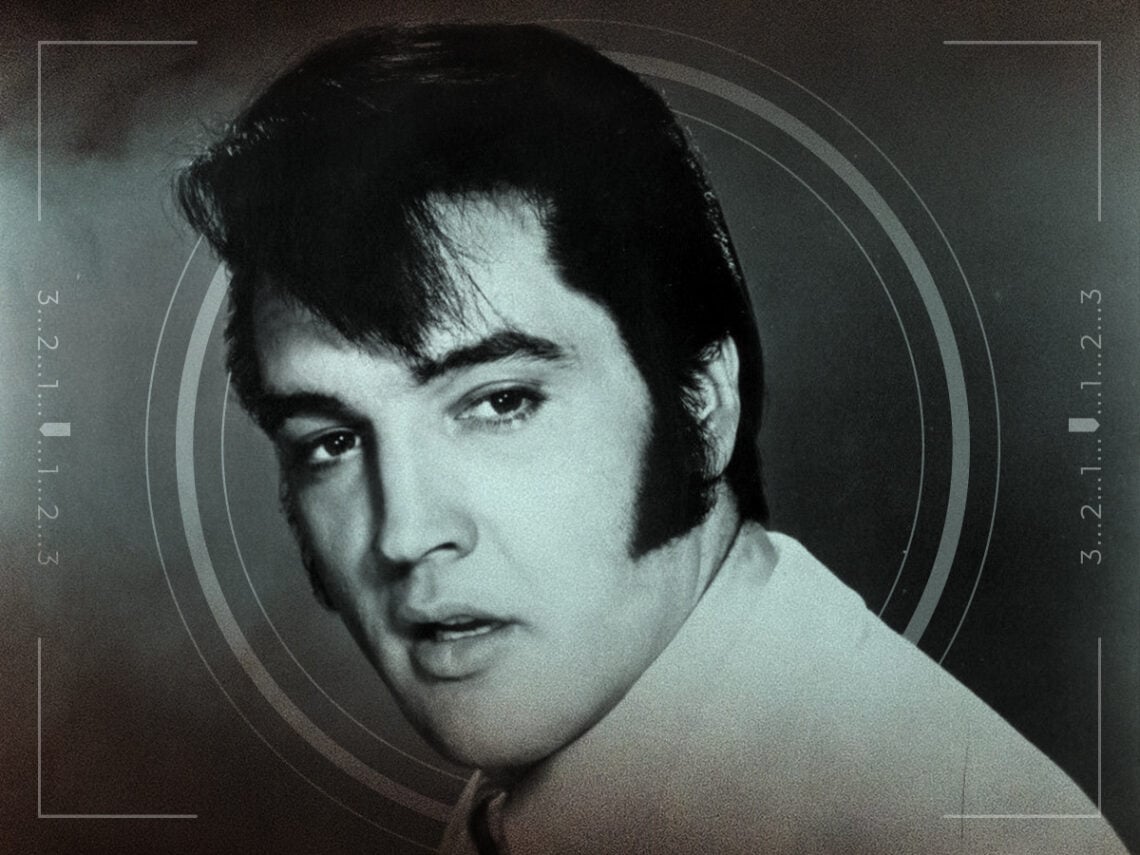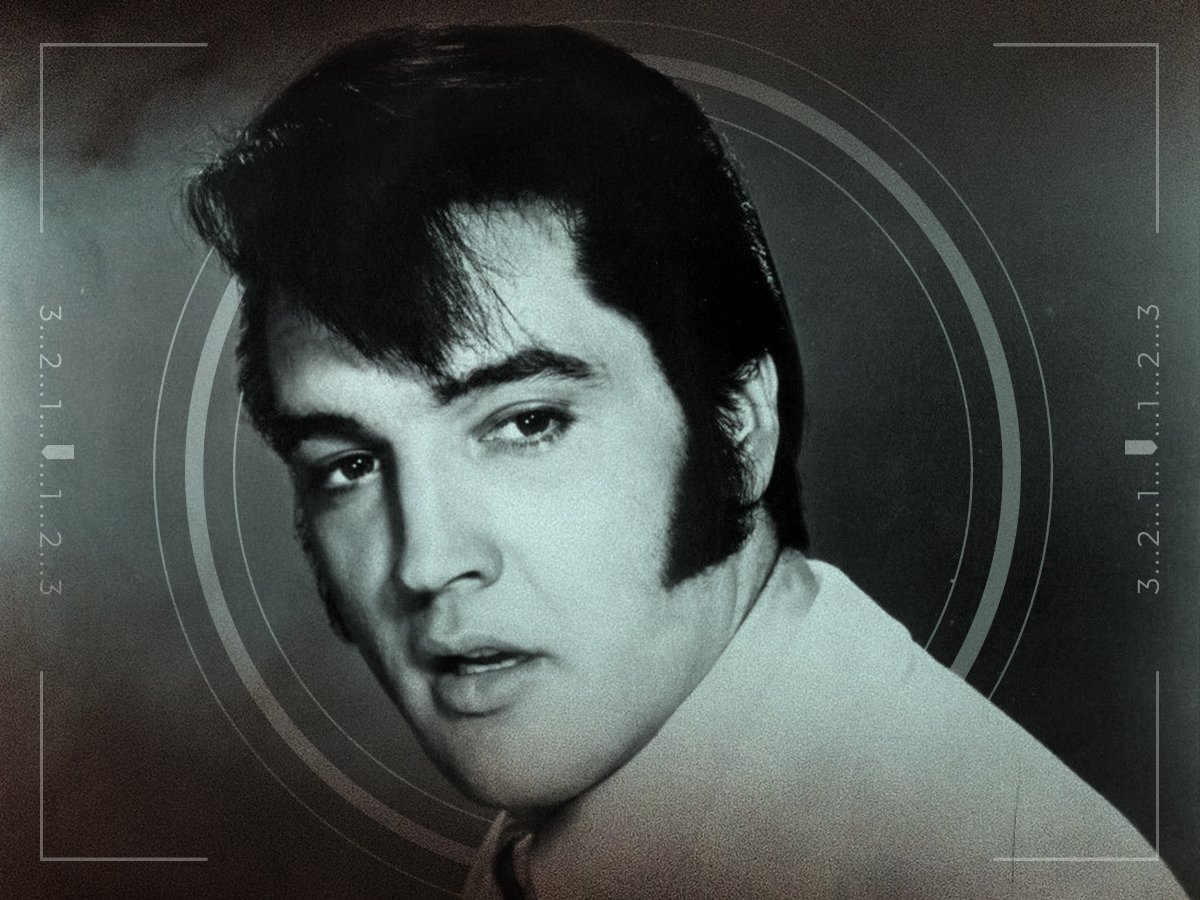
(Credits: Far Out / MGM)
Tue 7 October 2025 21:45, UK
After the success of Blue Hawaii, most fans of Elvis Presley came to expect more of the same. The tried and tested formula of his musical comedies would provide smash after smash, but only because one brief deviation proved there was no use in trying anything else.
When we think of Presley today, if it’s not in relation to his mythologised legacy or master as a musical artist, it’s how he switched up the silver screen and re-established the parameters of a leading Hollywood man. Close analysis of Presley’s acting capabilities shows he wasn’t, by far and large, anything to write home about.
But he did carry the kind of grace and charm that kept people engaged, even those who weren’t self-professed followers of ‘The King’. And most of the gigs he got were carefully selected on purpose. Especially after his manager, Tom Parker, figured out he could kill two birds with one stone: draw people in and make a ridiculous amount of money doing so.
Stumbling across the right formula for Presley and his team was like landing in a goldmine. Presley’s musical comedies effectively established the juncture between musician and actor, popularising crossover tropes between the two. Before, people hadn’t really thought about or prioritised bringing music into film for marketing or promotional purposes, but Presley served as the perfect figurehead for bridging that gap.
It also meant that he learned fairly early on the perils of going against the grain that he’d established for himself. In these scenarios, he’d play the same character in different settings: a charismatic country guy who sings about the girls he meets. As John Lennon once recalled, “At first we couldn’t make him out. I asked him if he was preparing new ideas for his next film, and he drawled, ‘Ah, sure am. Ah play a country boy with a guitar who meets a few gals along the way, and ah sing a few songs.’”
He went on: “We all looked at one another. Finally Presley and Colonel Parker laughed and explained that the only time they departed from that formula – for Wild in the Country – they lost money.”
After Wild in the Country, Presley wouldn’t try his hand at another drama role until 1969’s Charro!. He stuck to his formula after the success of Blue Hawaii, even making jokes about such a decision to the members of The Beatles as though he’d discovered a secret no one else had. He kind of did – which was the kicker. And he had the luxury of making light of it, because when you’re cushioned by a bed of consistent profitability, you can afford to poke fun at it too.
But it also meant Presley never really had that chance to progress as an actor, much less one who was actually taken seriously. He’d later turn down the starring role in A Star is Born, which, despite theories that he’d be perfect for it, seemed like something akin to a blessing in disguise. He might have become a major Hollywood name, but he wasn’t equipped to revolutionise acting in cinema the same way someone like Kris Kristofferson did.
Related Topics

